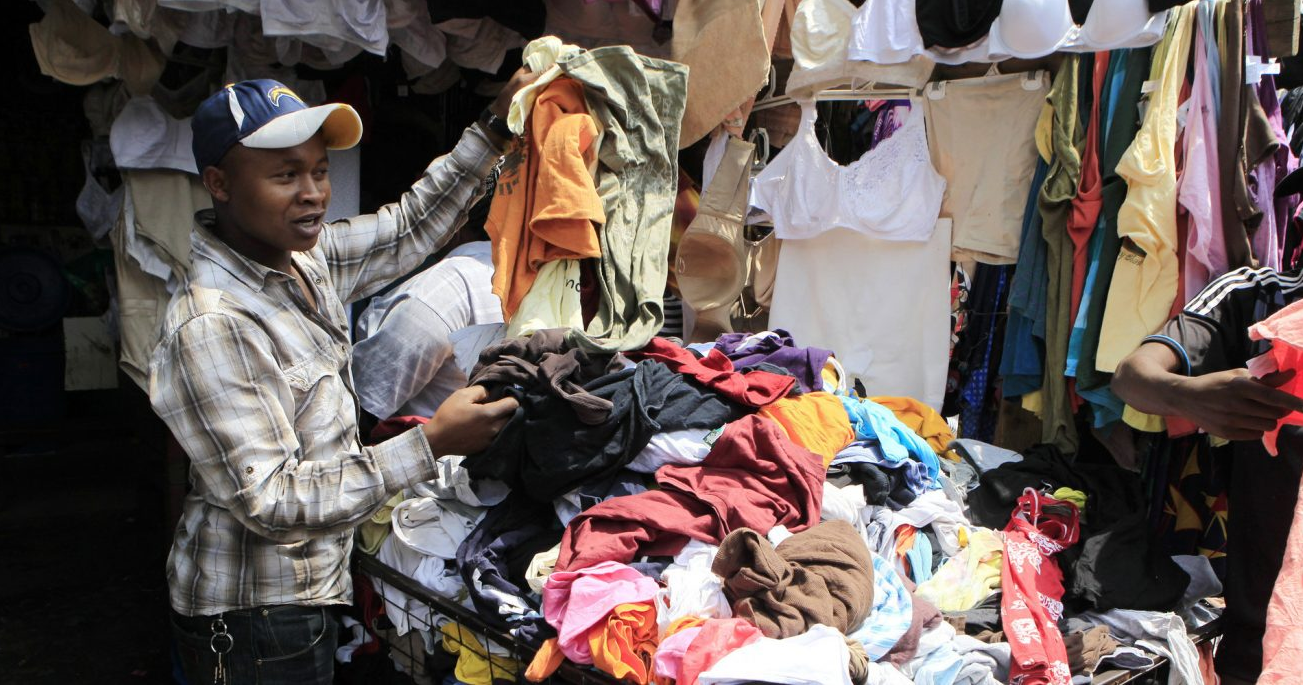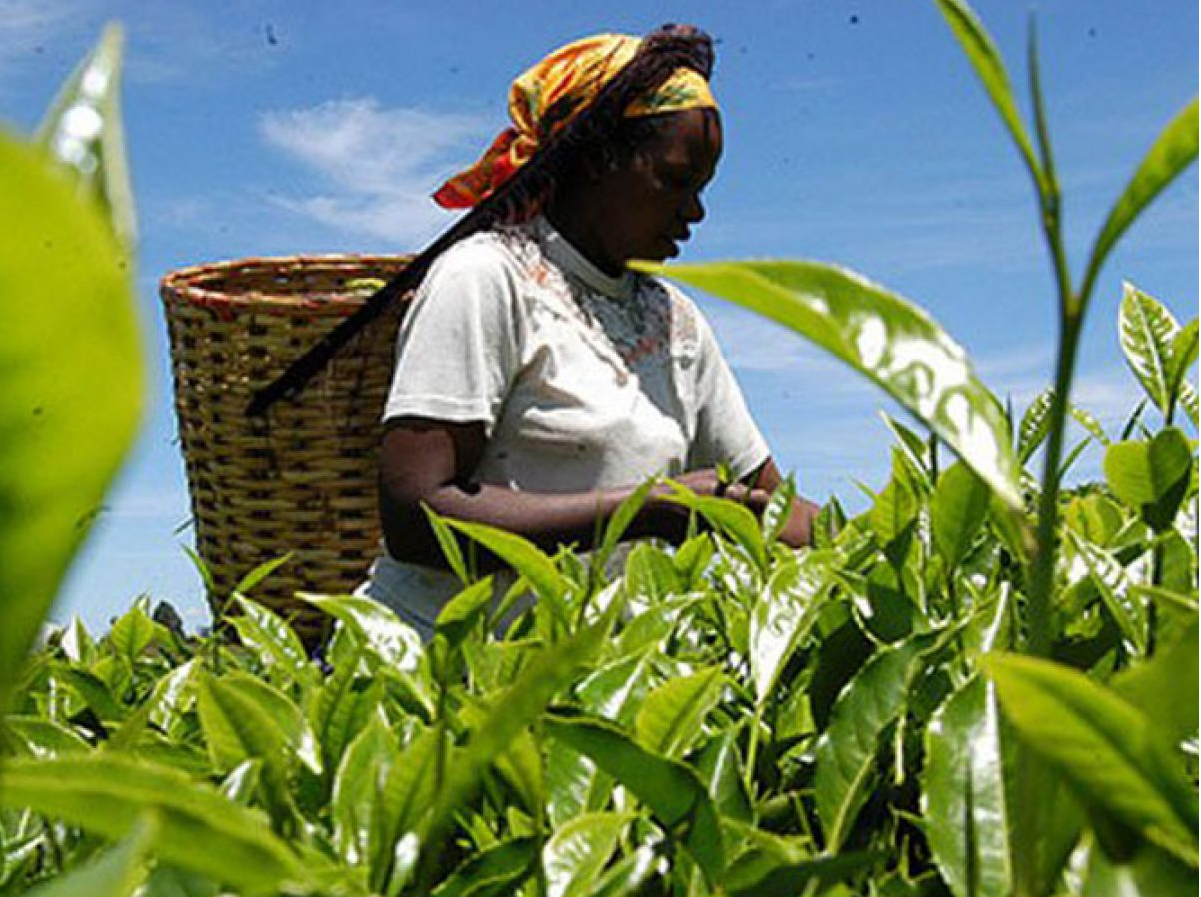The government is laying the groundwork for the resumption of importation of second-hand clothes and shoes popularly known as mitumba with the aim of restoring business to the thousands of Kenyans who depend on the trade to eke a living.
When the country reported its first case of Coronavirus in March, the government followed that up by imposing a ban on mitumba to stop possible importation of the virus into the country.
Industrialisation and Trade Cabinet Secretary Betty Maina has directed the Kenya Bureau of Standards( KEBS) to assess the possibility of lifting the ban without running the risk of importing the disease that had claimed the lives of 148 Kenyans by Tuesday evening.
Since March, Kenya has reported 6366 COVID-19 cases, 148 deaths, and 2039 recoveries while the disease is expected to peak in September meaning that the country must tread carefully even as it tries to revive the business.
“The mitumba guys have appealed and we have said that we need to work together to develop protocols for dealing with used clothes in the context of the pandemic,” CS Maina told the Business Daily on Tuesday.
“We have received their petition and they need to work together with the bureau (KEBS) to advise if there’s a way or mechanism for handling the matter given the fact that the pandemic is going on for a bit longer than people had thought.”
KEBS managing director Bernard Njiraini said the gradual easing of lockdowns in key source markets such as the US, Europe, and China now makes it possible for its inspectors abroad to ascertain conformity with sanitary and phytosanitary measures.
The inspection was not possible back in March when the ban was enforced due to travel restrictions in most source markets.
“Now that other areas are slowly opening up, such activities like inspection are possible. We had to first stop importation to protect Kenyans,” Mr. Njiraini said. “The technical committee can now look at it and say ‘well, we need to facilitate trade to continue because we understand the critical role that trade plays in Micro and Small Medium Enterprises (MSMEs) in their daily activities in importation and many clearing agents in that value chain’.”
The technical committee, which includes representatives from the Kenya Medical Research Institute (KEMRI) and the Kenya Medical Supplies Authority (KEMSA), will be required to determine whether or not the Coronavirus disease can last over the duration it takes to ship in second-hand clothes.
The importation can take as much as two months or more, according to traders.
The second hand clothes industry is a big business in Kenya providing jobs to thousands of traders and clothing and footwear for millions of Kenyans.
In 2019, orders for mitumba clothes alone hit Ksh17.77 billion in 2019 from Ksh16.93 billion in 2018, Ksh13.06 billion (2017), Ksh12.86 billion (2015), and Ksh10.15 billion in 2014, according to the Kenya National Bureau of Statistics (KNBS).
Mitumba Association of Kenya said it has developed COVID-19 protocols such as repeated fumigation of the merchandise and is engaging various authorities, including KEBS and the Ministry of Industrialization.
“It has not been easy. We are dealing with so many people who are not working. The impact has really been big because mitumba caters to the importer, broker, retailer, the transporter, and even food vendor at the market,” The Association’s Chairperson Teresiah Njenga said. “The importers are not so many, probably 500 at most, but we have like 10 million people who depend on the sector.”












Leave a comment